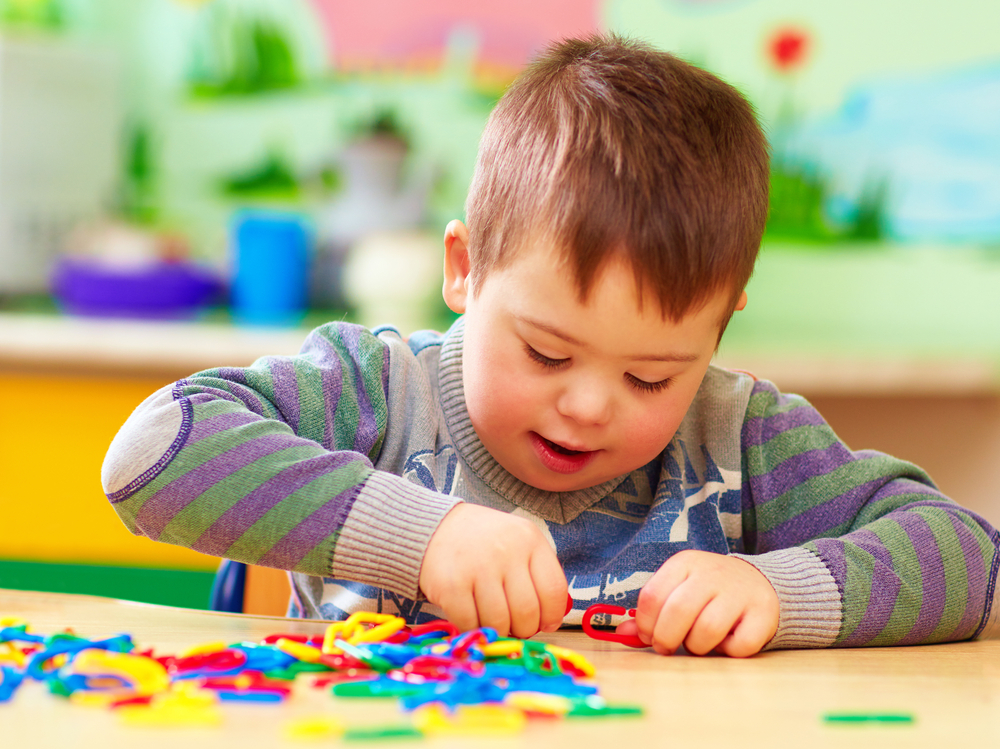Last Updated:
April 18th, 2025
Congratulations on reaching sobriety. It’s no small achievement, and it deserves real recognition. Now comes the part many find even harder: rebuilding relationships, especially with your children. Recovery may have given you a fresh start, but reconnecting with loved ones takes time, patience and care. In this guide, we’ll walk you through practical tips for rebuilding that bond, as well as what to do if your first attempts at reconnection don’t go as hoped.
How has my addiction affected my children?
Addiction often puts blinders on, making it difficult to recognise how deeply it affects those around you, especially your children. While you were in the midst of it, you may not have been fully aware of how your behaviour, absence or emotional distance shaped their everyday experiences. In recovery, these realisations can begin to surface.
While the next section isn’t intended as a criticism, it’s important to understand how your addiction may have affected your children. This awareness can help you recognise what they’ve been through and guide you in approaching reconnection with care and intention.
When they were little
Home is meant to be a place for children to feel safe, secure and loved. When addiction enters the family environment, that sense of safety often becomes uncertain. Some days might have felt normal, while others were filled with confusion, silence or emotional tension. That inconsistency can leave children feeling anxious or on edge, even if they can’t express those feelings.
Over time, they may have questioned their worth or wondered whether they had done something wrong. Behaviour at school could have shifted, with some withdrawing while others acted out. Feelings of embarrassment or fear might have led them to keep things secret, unsure how to explain what life was like at home.
These early experiences can quietly shape how they view themselves and the people around them.
As they grow older
Children who carry those emotional patterns into adulthood don’t always realise where the roots began. Many become hesitant to trust others, especially when they have learned early on that trust can be broken. Some find it difficult to express their feelings, having spent years keeping emotions locked away to cope.
It’s also common to see repeated patterns in relationships, including conflict avoidance, emotional detachment or a deep fear of being abandoned. In certain cases, substance use may emerge as a way to numb unresolved pain or mirror what they saw growing up.
Understanding this isn’t about placing blame on your shoulders. It’s about seeing the full impact of addiction so you can approach the reconnection process with empathy and awareness.
Why now matters
Reconnection is possible, no matter how much time has passed. The earlier you begin this journey, the more space there is to rebuild trust, consistency and emotional closeness. Even if your child is hesitant at first, small, steady efforts can help open a path forward.
How can I reconnect with my child after rehab?
At this point, you might be looking for some guidance on how to begin rebuilding your relationship. Below are practical steps that can serve as a starting point for reconnecting with your child after rehab.
Accept that healing takes time, and let your child set the pace
You might be ready to rebuild everything right away, but your child might still be hurt, confused or guarded. Letting them know you understand this and that you’re not going to force closeness shows maturity and respect.
Example: Instead of saying, “I’m better now, so let’s spend more time together,” try something like, “I know I missed a lot, and I’d love to rebuild our relationship, but I understand that might take time. I’m here whenever you’re ready.”
This gives your child the control they may have felt they lost during your addiction.
Be honest but keep it age appropriate
Kids sense when they’re being kept in the dark. While they don’t need every gritty detail, they do need to know that you’ve been through something difficult and you’re working on it.
Example: With a younger child, you might say, “I was unwell for a while and had to get help to feel better. I’m feeling stronger now and want to be a better parent to you.”
With teens, you might be more direct: “I was struggling with addiction but I went to rehab, and I’m committed to staying clean and building trust again.”
Being honest builds trust, and trust is often the first thing lost during addiction.
Apologise without expecting instant forgiveness
A meaningful apology is powerful but it’s not a magic reset button. Saying sorry is more about acknowledging pain than asking for reassurance.
Example: “I’m sorry for the times I wasn’t there when you needed me. I know that hurt you, and I want to do better now.”
Avoid following up with “Do you forgive me?” Let the apology land and give your child space to process it in their own time.
Focus on showing up, not making grand gestures
It’s tempting to try and make up for lost time with expensive gifts or big trips, but what kids usually want most is consistency.
Example: Instead of promising Disneyland, show up to their football match. Instead of sending new trainers, spend Sunday mornings together making pancakes.
These small, steady moments will do far more to rebuild your relationship than any one-off event ever could.
Celebrate the little wins together
Reconnection doesn’t need to wait until everything is fixed. A shared joke, a walk in the park, a quiet cuddle during a film, these are victories.
Example: If your child agrees to go out for lunch with you for the first time in months, acknowledge it gently: “I really enjoyed that time with you today. Thank you for giving me a chance.”
These small steps forward can build a new foundation stronger than the one that was lost.
What can I do if my child rejects my reconnection attempts?
Reaching out to reconnect with your child takes courage. Facing rejection in return can be painful, especially when you finally feel ready to show up for them. Try not to take their response as a permanent decision. Rebuilding trust after addiction takes time and for many children, resistance is a way of protecting themselves from further hurt.
They may still be processing feelings of anger, sadness or disappointment. Some may have waited before, only to feel let down. Their rejection isn’t always about who you are now but rather what they experienced then.
This is where gentle persistence matters. Keep showing up in respectful ways, maybe with a birthday card, a check-in message, or a quiet reminder that you’re there when they’re ready. These small efforts can begin to repair what was lost.
At the same time, give them space. Pressuring them to respond can push them further away.
Continue focusing on your recovery. Each day you remain steady and sober shows them that this time is different. Even if they can’t see it yet, you’re building the foundation for a relationship they may one day be ready to return to.
In the meantime, continue focusing on your own recovery. Each day you stay sober and grounded is a message to your child that change is real and lasting.
Still considering addiction treatment?
If you haven’t yet taken that first step towards support, know that it’s never too late to start. At UKAT, we understand how addiction can affect every part of your life, including your relationship with your children. Our team is here to guide you through recovery with care, understanding and professional support.
Reach out today and take the first step towards rebuilding not just your life but the bonds that matter most.


